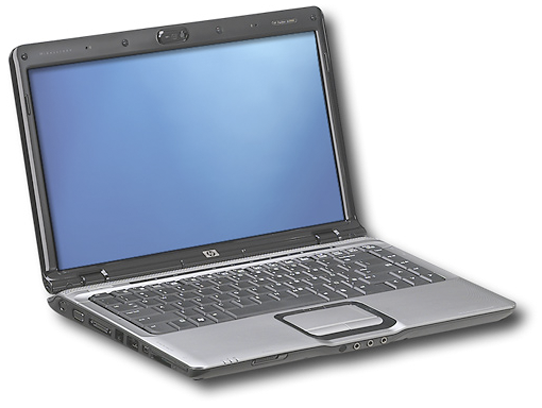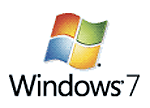 Sirius XM continues to bleed customers, although at a much slower pace than the first quarter of this year, numbers released Thursday morning show. The satellite radio provider shed 186,000 customers in the second quarter, an improvement from the 404,000 customers it lost in the first.
Sirius XM continues to bleed customers, although at a much slower pace than the first quarter of this year, numbers released Thursday morning show. The satellite radio provider shed 186,000 customers in the second quarter, an improvement from the 404,000 customers it lost in the first.
Regardless, the satellite radio provider is still losing customers, the wrong way to go when you’re already struggling to make money so as it is. Pro forma revenue was in at $608 million, which was a 1% improvement year over year. Losses were $171 million, an improvement over last years $203 million loss.
Some of this improvement can be credited to a further reduction in subscriber acquisition costs, now down to $57 from a year ago. Additionally, monthly average revenue per subscriber edged up 11 cents to $10.66.
It is also continuing to pull a bigger profit from operations, now up to $132 million in the current quarter.
There is still trouble ahead for Sirius XM however. Beginning this month, a $2 royalty fee at minimum will be tacked on to every subscriber’s bill. It will be interesting to see the effect this may have on subscriber numbers. If we see a worsening again in the third quarter numbers out this fall, we’ll know the likely cause.
Regardless, the company must keep a hold of its customers. All this improvement can easily be stymied or wiped out if the company has an increasingly smaller base of customers. The biggest thing now is focusing on keeping current customers happy.
Programming — which from the looks of things appears to be Sirius XM’s weak spot — is job one. It’s clear that many are not responding to the “FM-plus” strategy carried over from Sirius, and much rather would prefer deeper playlists, which was XM’s biggest strength.
I’m reserving judgement until next quarter whether this merger can ever be a success. I’m still not sure yet.

 Apple
Apple  In true Apple fashion, the company has reportedly attempted–and failed–to hush the owners of an defective iPod that ended up exploding in England. Acording to
In true Apple fashion, the company has reportedly attempted–and failed–to hush the owners of an defective iPod that ended up exploding in England. Acording to  It looks like The Pirate Bay will likely not be sold after all, as it appears the site it was sold to will not be able to raise the necessary capital to complete the transaction, TorrentFreak
It looks like The Pirate Bay will likely not be sold after all, as it appears the site it was sold to will not be able to raise the necessary capital to complete the transaction, TorrentFreak  Responding to pressure on government regulators, Verizon Wireless has announced it would limit the length of its exclusivity agreements with wireless manufacturers to six months. However, for carriers to pick up a Verizon-exclusive phone after that period, it would need to have less than 500,000 customers.
Responding to pressure on government regulators, Verizon Wireless has announced it would limit the length of its exclusivity agreements with wireless manufacturers to six months. However, for carriers to pick up a Verizon-exclusive phone after that period, it would need to have less than 500,000 customers. No doubt the hearts of net activists around the country went aflutter when Minnesota Senator Al Franken made his very first question to Supreme Court nominee Sonya Sotomayor about net neutrality. Franken asked for her opinion on the
No doubt the hearts of net activists around the country went aflutter when Minnesota Senator Al Franken made his very first question to Supreme Court nominee Sonya Sotomayor about net neutrality. Franken asked for her opinion on the  PC shipments are set to decline for the first time since 2001,
PC shipments are set to decline for the first time since 2001,  Microsoft took to its
Microsoft took to its